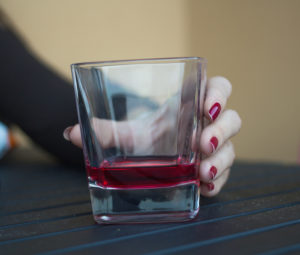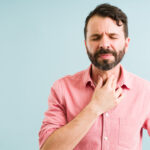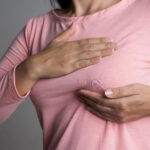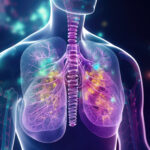Researchers often reveal newly discovered risks for developing cancer, but some risks can be considered as general knowledge. How do you know if some of these potential causes of cancer, like alcohol, have been proven as carcinogens? There isn’t a proven direct link to alcohol being the cause of cancer, but there is evidence consuming certain amounts of alcohol increases the risk of a number of cancers, and the less alcohol someone consumes daily, the less their risk of developing cancer.

Alcohol is High in Sugar
It can be regarded as common knowledge that the sugars in alcoholic beverages contribute to unhealthy amounts of calories that can cause weight gain. Unhealthy BMI (body mass index) can play a role in cancer risk. Decreasing the amount of alcohol you consume can help decrease the chances of your BMI reaching a dangerous level. A person’s BMI can be calculated based on a person’s height and weight. Cancer.org explains more about calculating your BMI.
It’s important to exercise self control if you consume alcohol, as genetics could also affect the way your body processes and metabolizes the alcohol, and could make cells more vulnerable to other carcinogens, like tobacco for example.
How Can I Help Decrease My Risk?
Of course, limiting the amount of alcohol you consume is the best way to decrease your risk of getting cancer. According to the American Cancer Society, men who drink alcohol should limit consumption to 1-2 drinks per day, and women should limit to only 1 drink per day. A drink of alcohol is defined as 12 ounces of beer, 5 ounces of wine, or 1.5 ounces of 80-proof distilled spirits.
If you smoke tobacco, stop now! Talk to your doctor if you need help quitting. Not only is tobacco associated with numerous health risks and even death, it increases your risk of developing specific types of cancers even more so when combined with drinking alcohol.
If you want to learn more, talk with your physician about other ways you can help decrease your risk for cancer, and keep your friends and loved ones informed of the dangers of uncontrolled alcohol consumption.






